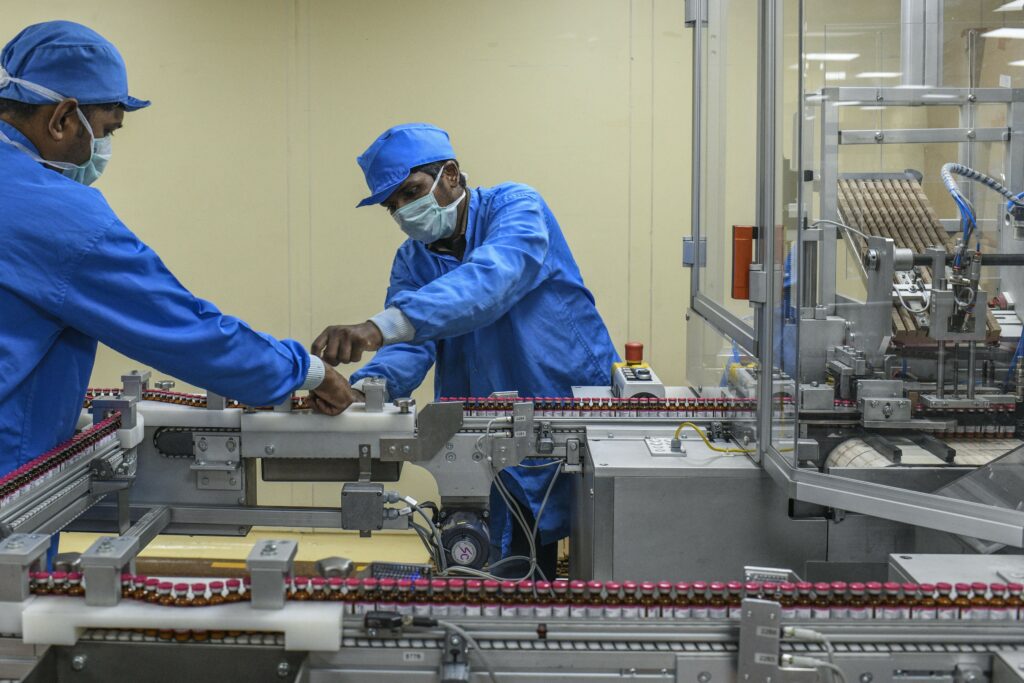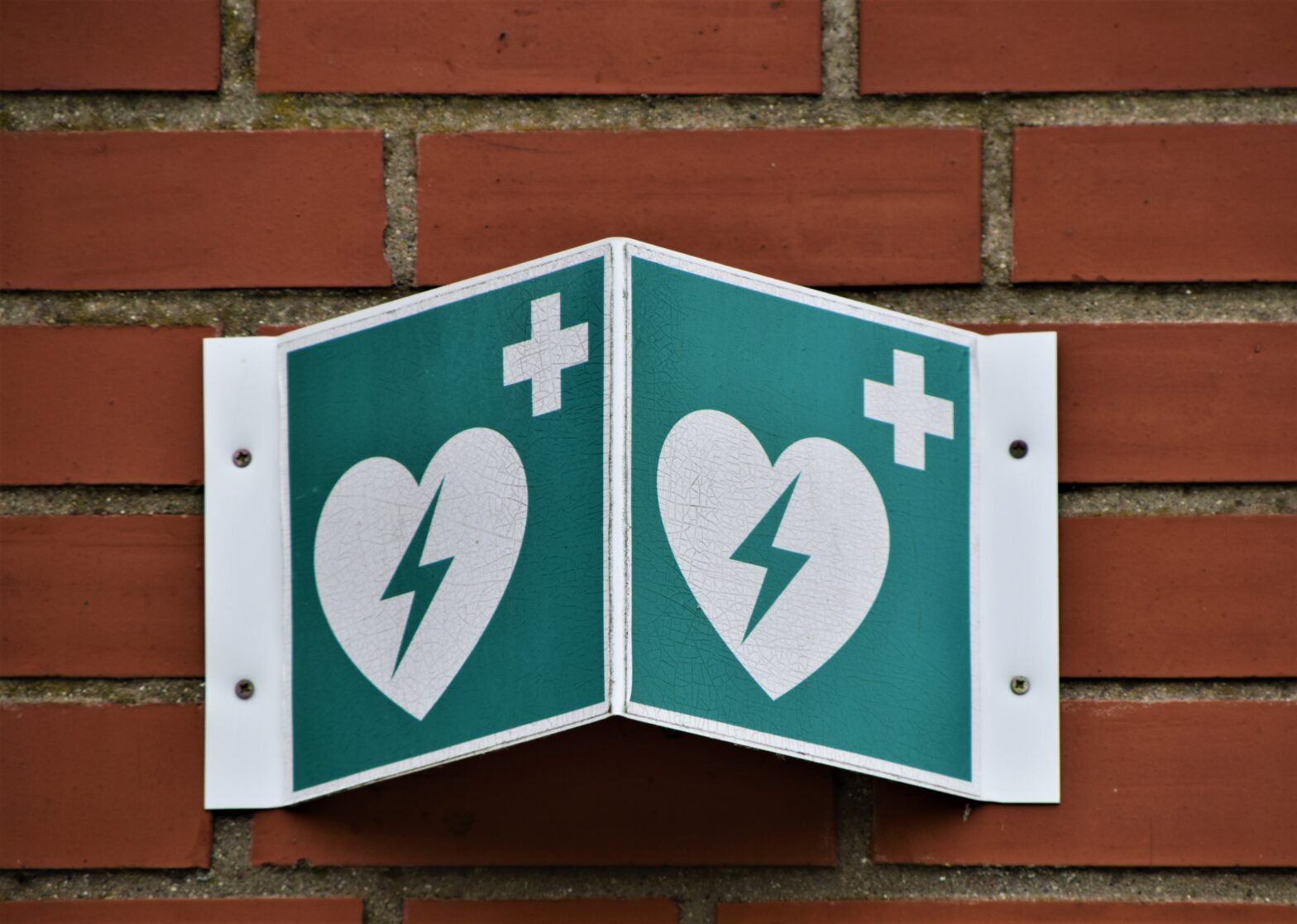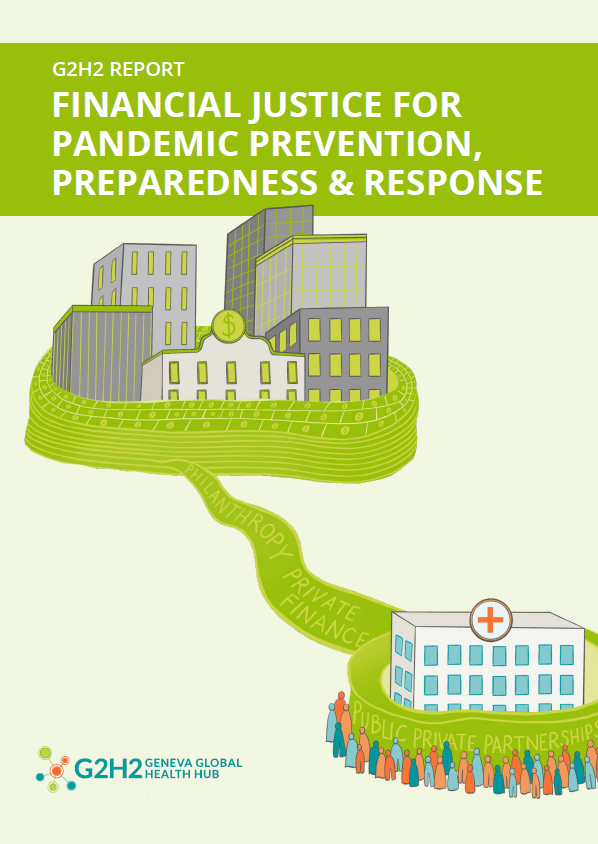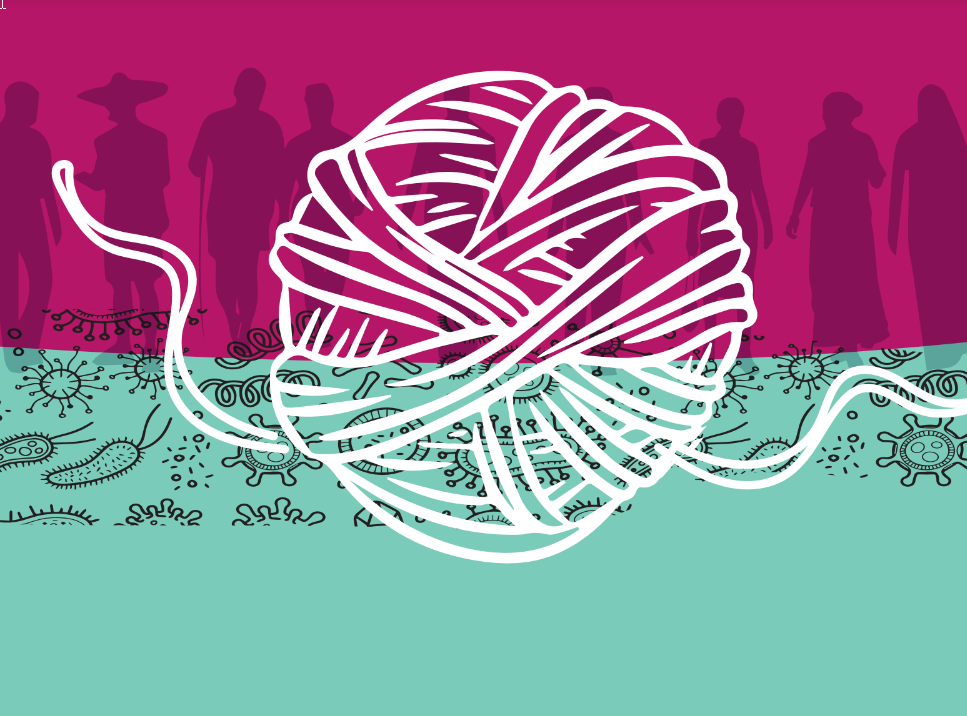Share Twitter Facebook Email Copy URL
The West’s answer to a global pandemic
The world has now entered the second year of the global Covid-19 pandemic. The first year witnessed tremendous changes and shifts in global dynamics, both in positive and negative terms. We have witnessed the development of preventive tools such as vaccines at a record speed on the one hand; while on the other witnessing countries insulate themselves by reverting to narrow nationalistic attitudes and policies. Nationalistic policies, which are contrary to prudent global public health guidance, may very well prove counterproductive and contradictory in the long run[1], especially as the very nature this pandemic penetrates borders. Unsurprisingly, these approaches by wealthy countries, such as the US, the UK, Japan, Canada, Switzerland and the EU, are informed by narrow political interests that seek to not just protect their domestic populations but also guard their pharmaceutical companies.

This ‘vaccine nationalism’ essentially resembles more of a ‘vaccine apartheid’[2]. Effectively wealthy countries by flexing their financial muscle are able to exclude the majority of the global population, through either manufacturing the vaccines against Covid-19 or being able to buy early and large stocks of the vaccines. Consequently, a small fraction of the global population have hoarded the majority of the global vaccine stock, resulting in exclusion of the majority of the global population. Unless challenged, this status quo will go beyond the ongoing Covid-19 pandemic, and extend to future pandemics that requires large-scale development and manufacturing of for example vaccines or medications.
It is against this backdrop that South Africa and India, in October 2020, submitted the proposal of a waiver at the World Trade Organisation. This waiver on certain TRIPS obligations[3] seeks to secure that during a pandemic, developing countries can more easily manufacture the relevant medical tools necessary, such as PPE (Personal Protective Equipment), ventilators and potentially vaccines; by being allowed to waive otherwise cumbersome and restrictive processes , including Intellectual Property rights (IP)[4]. In absence of such waiver, countries seeking to manufacture these tools would otherwise have to rely on a voluntary collaboration from the manufacturer that holds the crucial IP; try to manoeuvre the byzantine WTO system for an exemption to manufacture; or face severe WTO sanctions, should a country decide to manufacture without obtaining the IP from the relevant manufacturer. More than 100 countries and all African countries now support the waiver proposal.
The waiver cuts straight to the heart of how vaccine nationalism through hoarding emphatically clashes with the interests of developing countries that are seeking equal access to protect their populations.
Presently, the global structure established for access to Covid-19 vaccines is based on procurement and charity. Early on in the pandemic, the access-based procurement relied on countries’ ability to fork out large amounts of money for advanced and early payment for vaccines, which at that time were still in development. More recently, this has changed to rely on countries’ ability to afford vaccines in a global market characterised by large demand and very limited supply, where prices are exclusively decided by the pharmaceutical companies holding the IP. This is augmented by a charity model named Covax, where the same wealthy countries donate money for the World Health Organisation (WHO), the Global Alliance for Vaccines and Immunisation (GAVI) and the Coalition for Epidemic Preparedness Innovations (CEPI), to procure the vaccines. One problem is, that the price and time of this procurement, is determined by the very same manufacturers. Covax has hitherto offered, to supply developing countries with only 20 per cent of their vaccine requirements, thereby forcing the same countries to scramble for vaccines in the commercial market, in order to vaccinate the remainder of their population.
Recognising that during a pandemic, financial muscle, fiscal space and charity, is not sufficient to stem the tide of infections, let alone the just approach, South Africa and India proposed the waiver, seeking to expand the manufacturing, and by extension the global supply of vaccines. The logic of this is simple: Expand the manufacturing of vaccines to countries with the capacity but currently not holding the IP, and thereby increase the opportunity for developing and other countries to subsequently access the Covid-19 vaccines. An additional spin-off of increased production would be the development of capacities that can increase future production if needed, thereby enabling better global preparedness for future pandemics.
Rather than lending political weight to their own position of equitable distribution of vaccines[5], the wealthy countries are fighting off the waiver. They do so by telling their developed world counterparts that manufacturing vaccines is complicated, requires technology that currently does not exist in developing countries and will take time to develop. In addition, they are trying to convince developing countries to pursue voluntary arrangements with the manufacturers, precisely because they see IP as safeguarding development of future products. Principally, they want us to believe that challenging IP through the WTO system is not ‘fair’ to them, as they have already supported equitable distribution through large financial donation to Covax. Covax though, only serves to further perpetuate the global access model of procurement that benefits vaccine manufacturers, rather than adding to developing crucial manufacturing capacity in the developing world and increased access to vaccines.
A key issue is the lack of reciprocity where in some cases vaccine trials have actually taken place in developing countries.
The hypocrisy lies in their charitable offerings all the while disguising a deliberate political strategy that maintains a system of vaccine and broader medical apartheid and subjecting developing countries to the servitude of the affluent. More tellingly, it continues to do so, in the middle of a pandemic and equally worryingly for future ones as well.
It is this disingenuousness that justifies the legitimate political struggle for a just and equitable health for all.
As we know well from experience, the struggle against Apartheid necessitated a fight against political and financial interests and their instruments. The fight against the prevailing vaccine apartheid necessitates a similar fight against the nationalistic politics of the prosperous nations, whose positions and politics in terms of vaccines are inherently favouring profits over people.
[1] As a limited number of countries are being fully vaccinated, the virus may mutate in other parts of the world where vaccinations is yet to reach large parts of the population. Consequently, mutated strains of the virus, may ultimately render earlier vaccines redundant or less effective. This supports the argument of vaccinating broadly on a global scale, as opposed to high vaccination rates within a limited number of countries.
[2] As so labeled by South African President Cyril Ramaphosa.
[3] Trade-Related Aspects of Intellectual Property Rights. TRIPS is a WTO established multilateral agreement,facilitating trade and addressing disputes over knowledge and IP. https://www.wto.org/english/tratop_e/trips_e/trips_e.htm
[4] https://www.wto.org/english/news_e/news20_e/trip_20oct20_e.htm
[5] The same wealthy countries have all emphasized the need for equitable distribution in various declarations and statements, yet remain politically willing to follow through.
Jens Pedersen is Humanitarian Advisor for Médecins Sans Frontières (MSF) in South Africa and is the MSF representative to the African Union. Specifically, a significant role has been in advising and negotiating on behalf of MSF, for humanitarian access in conflict areas between MSF and sovereign governments in Africa. As Senior Humanitarian Policy and Diplomatic Adviser, Jens has been coordinating MSF’s engagement with actors as the African Union, IGAD and other country specific institutions and civil society. He has published extensively and supported academic institutions with teaching.



